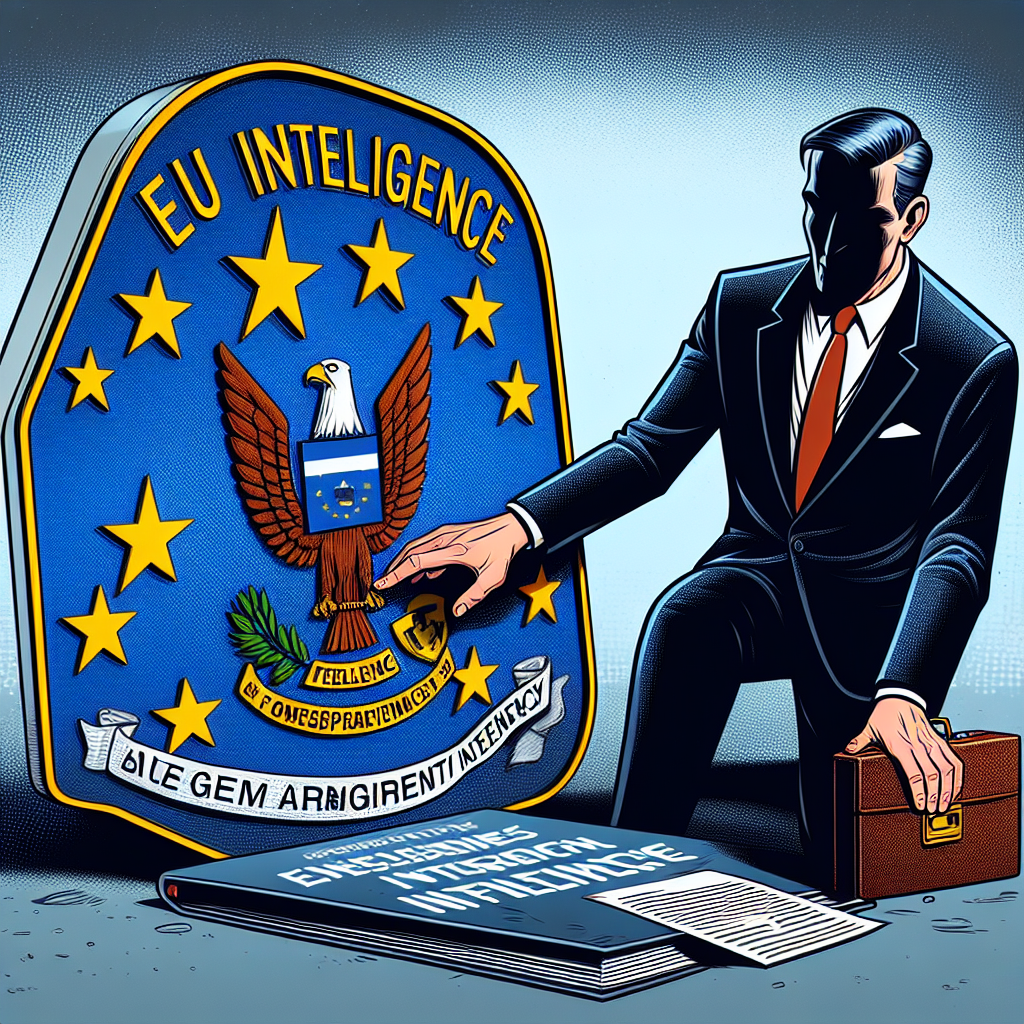Von der Leyen Urged to Establish ‘EU Intelligence Agency’
Von der Leyen Urged to Establish ‘EU Intelligence Agency’
Introduction
The call for a centralized European intelligence agency has gained momentum as European Commission President Ursula von der Leyen faces increasing pressure to enhance the EU’s security framework. This proposal aims to bolster the EU’s ability to respond to emerging threats and improve coordination among member states.
Key Drivers Behind the Proposal
- Rising Security Threats: The EU is facing a complex array of security challenges, including cyber threats, terrorism, and geopolitical tensions.
- Fragmented Intelligence Efforts: Current intelligence operations are largely managed at the national level, leading to inefficiencies and gaps in information sharing.
- Need for Unified Response: A centralized agency could streamline intelligence efforts and provide a cohesive response to threats.
Potential Benefits of an EU Intelligence Agency
- Enhanced Coordination: Improved collaboration between member states could lead to more effective threat detection and response.
- Resource Optimization: Pooling resources and expertise could lead to cost savings and increased operational efficiency.
- Strengthened Global Position: A unified intelligence body could enhance the EU’s standing in global security matters.
Challenges and Considerations
- Sovereignty Concerns: Member states may be reluctant to cede control over national intelligence operations.
- Data Privacy Issues: Ensuring the protection of citizens’ data while sharing intelligence across borders is a critical concern.
- Implementation Complexity: Establishing a new agency would require significant logistical and bureaucratic efforts.
Conclusion
The proposal to establish an EU Intelligence Agency reflects a growing recognition of the need for a more integrated approach to security within the European Union. While the potential benefits are significant, addressing the challenges of sovereignty, privacy, and implementation will be crucial to its success. As discussions continue, the outcome could reshape the EU’s security landscape and its role on the global stage.













